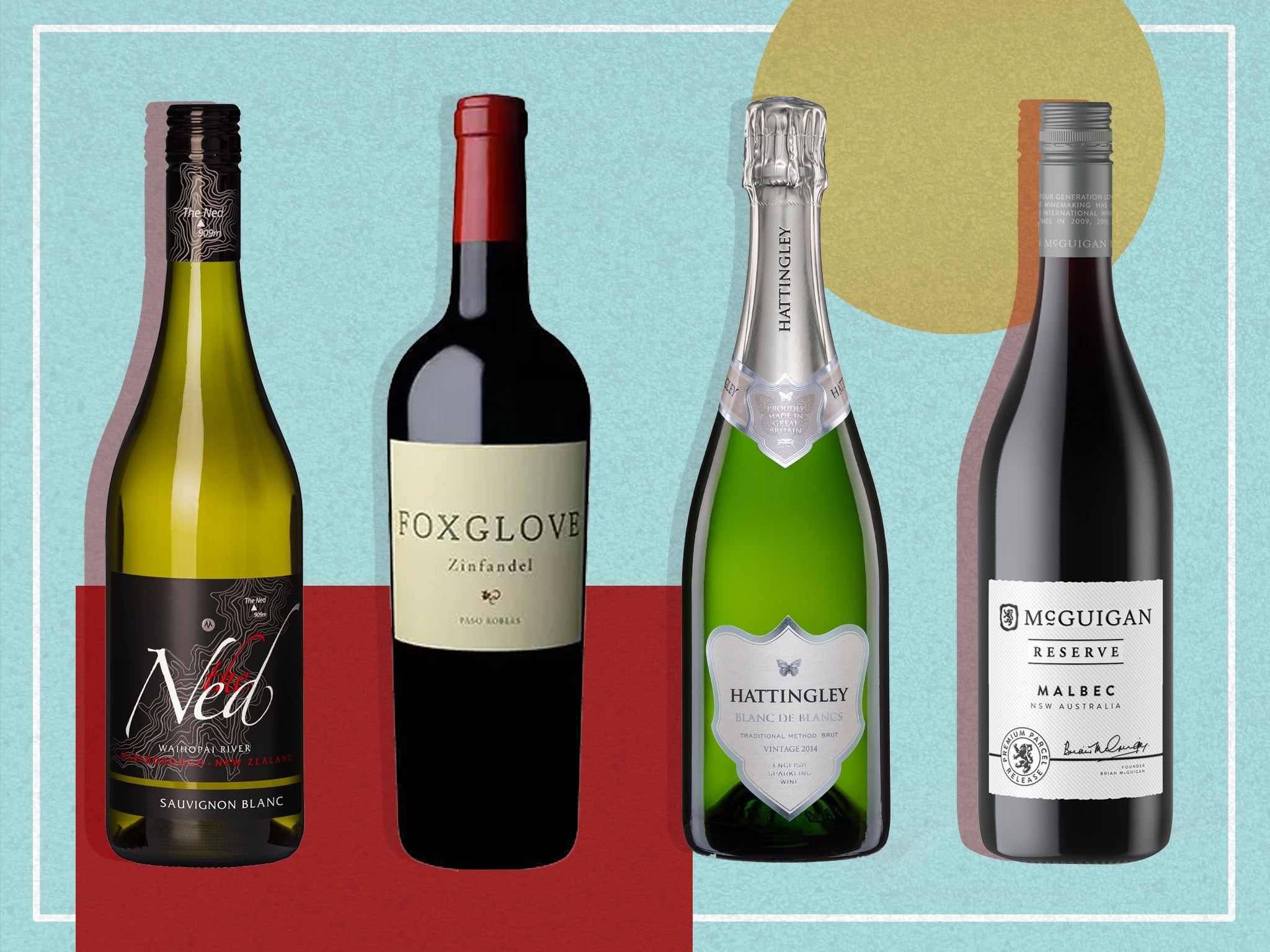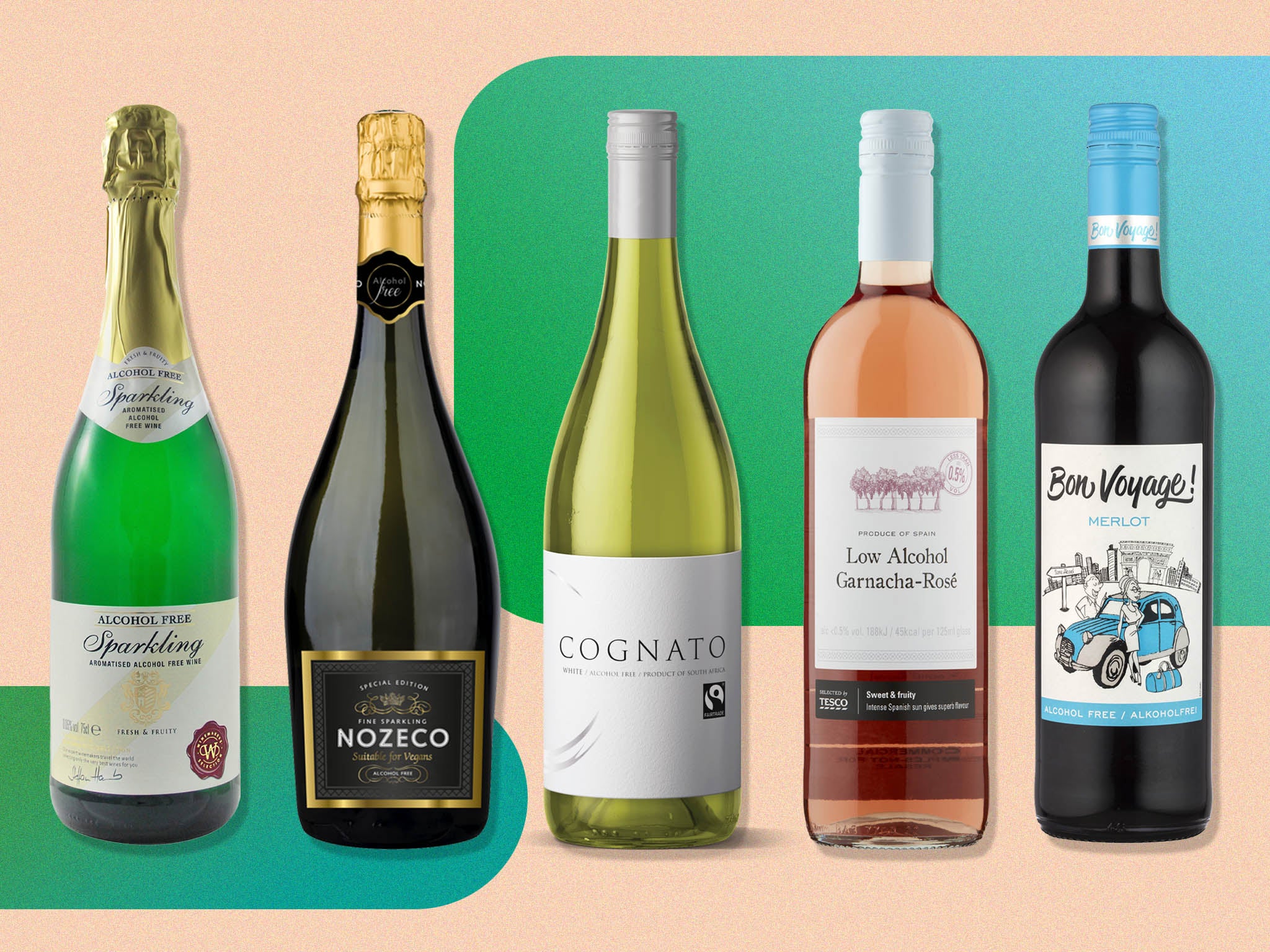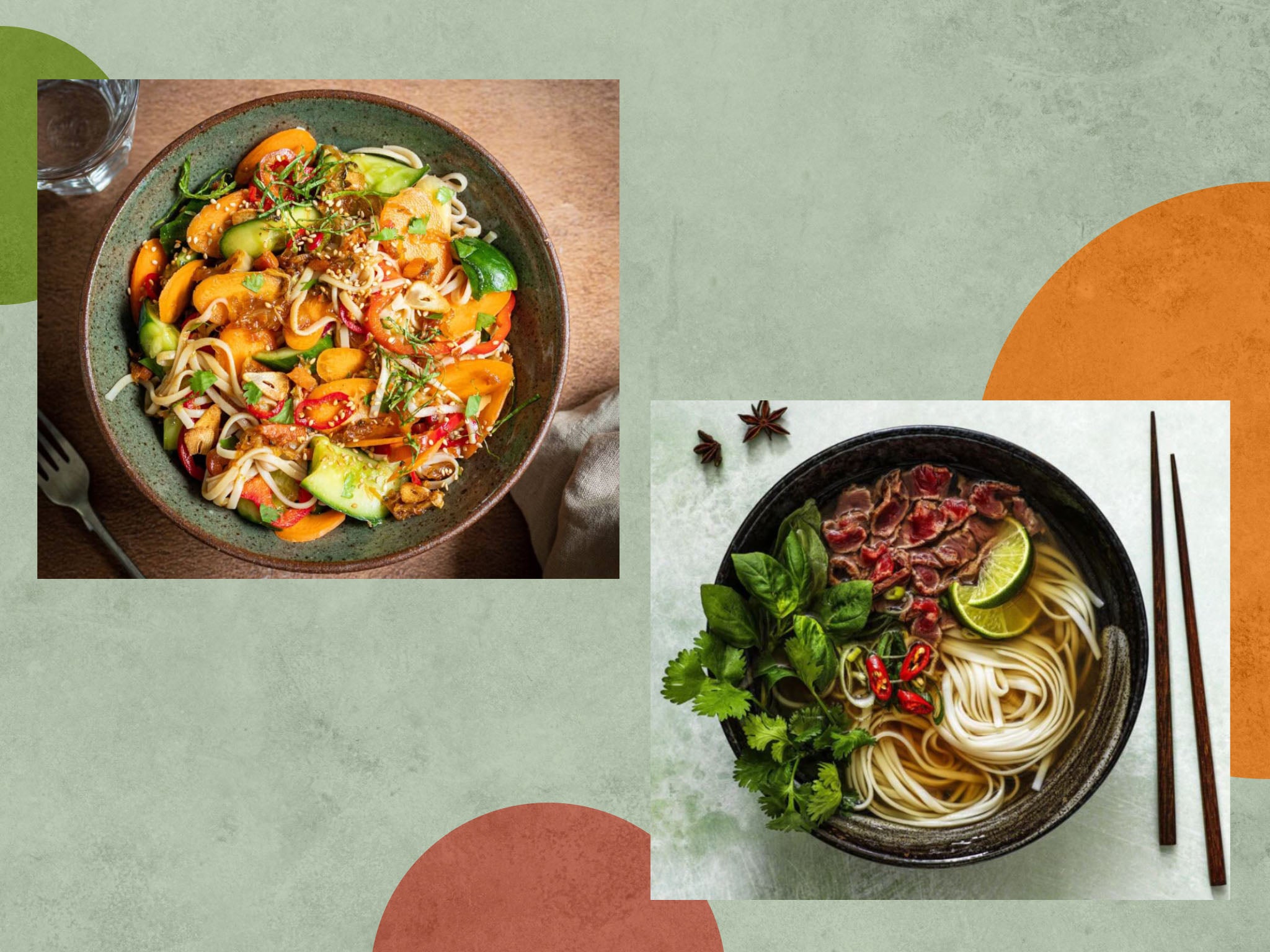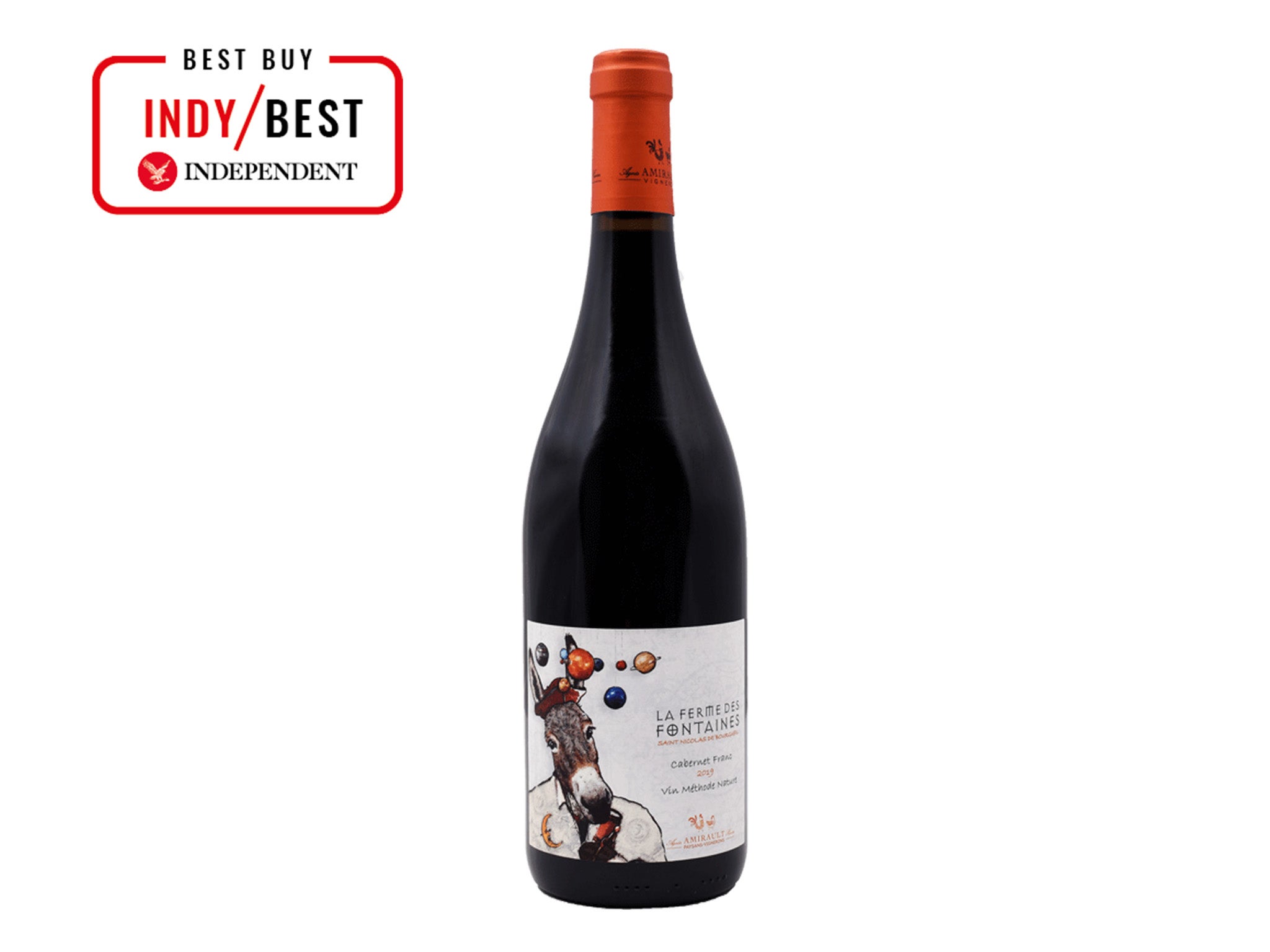
The Independent's journalism is supported by our readers. When you purchase through links on our site, we may earn commission. Why trust us?
13 best natural wines 2023, tried and tested by a connoisseur
Discover organic and biodynamic winemaking with these unadulterated tipples
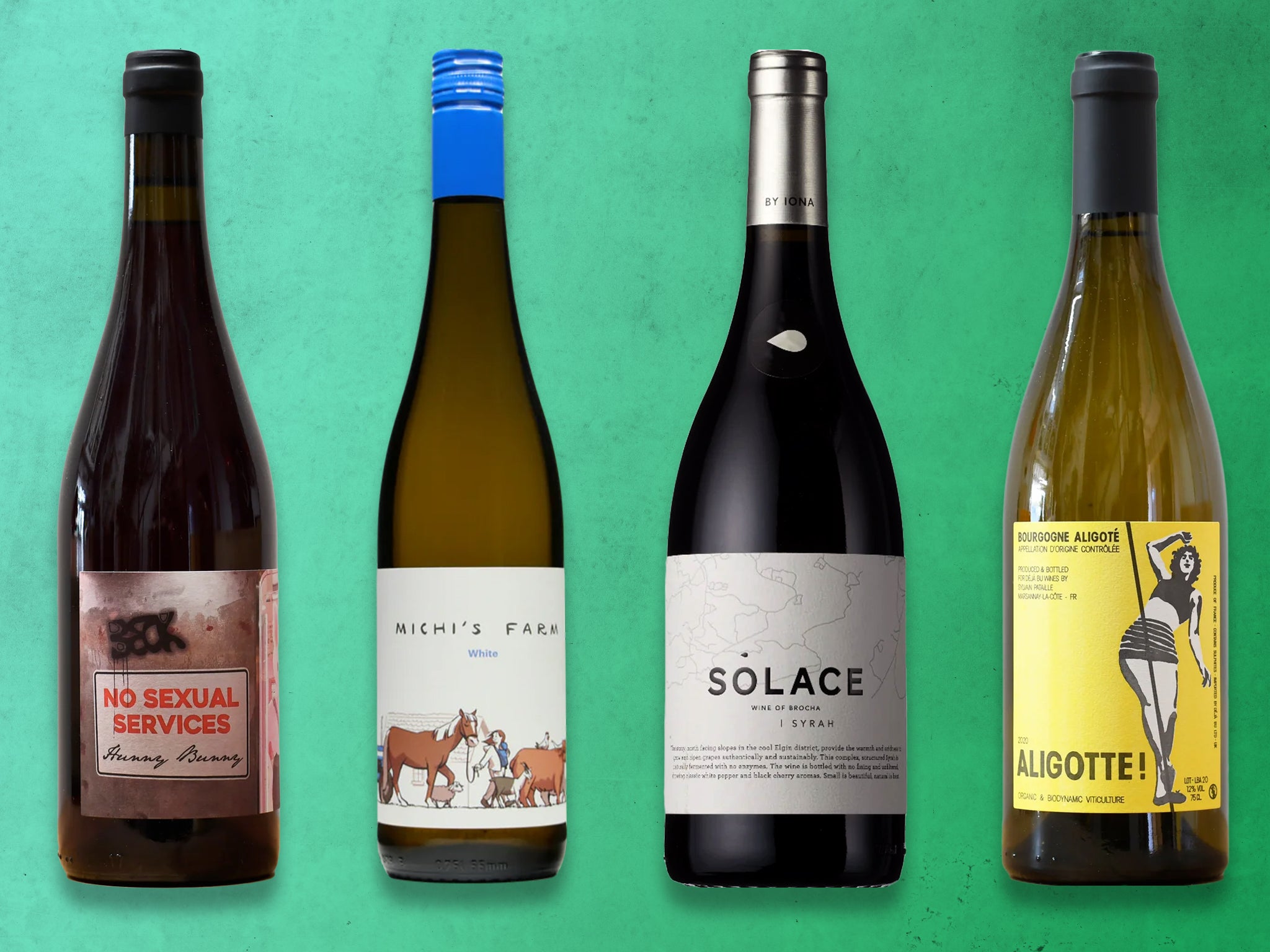

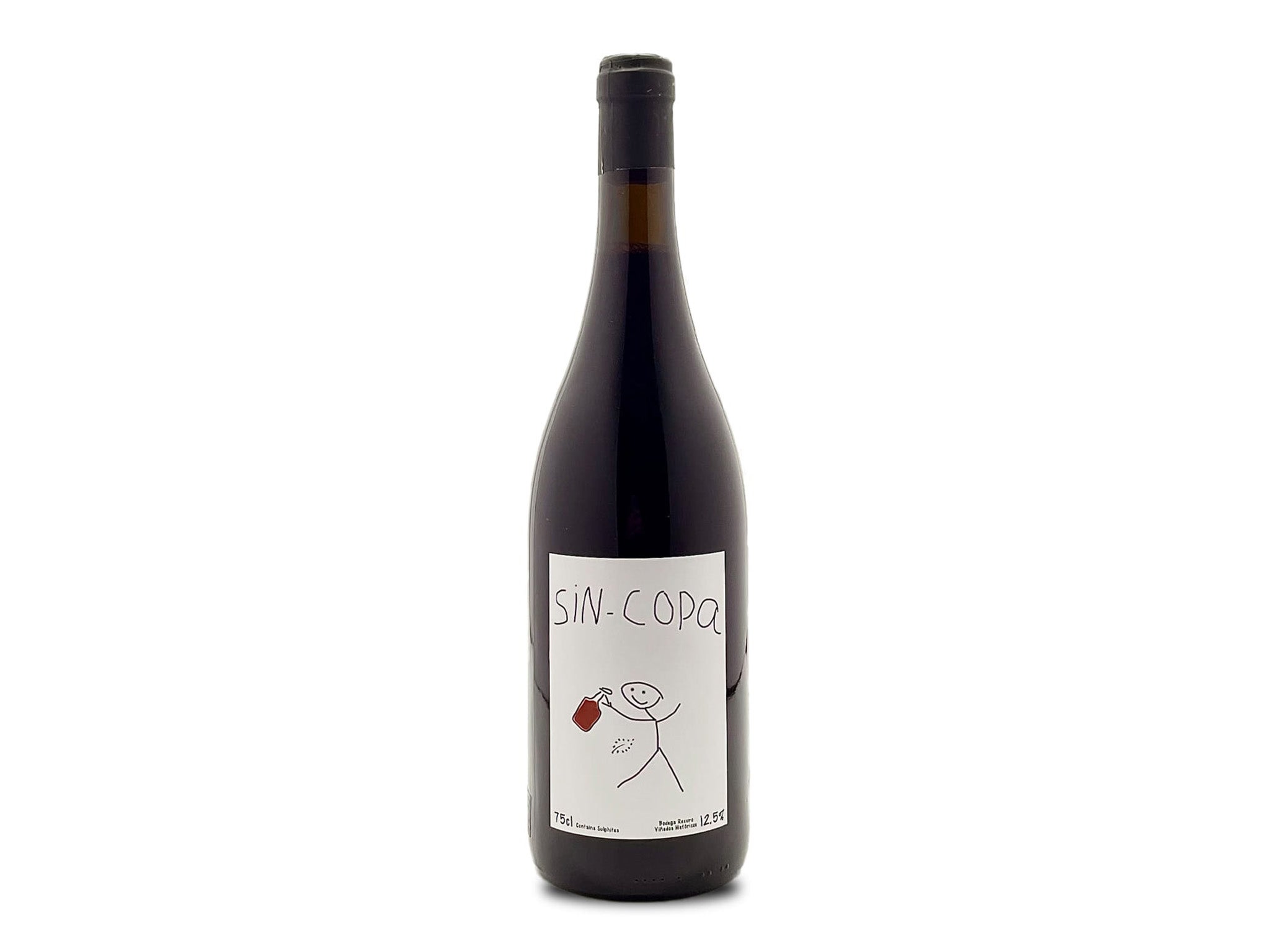
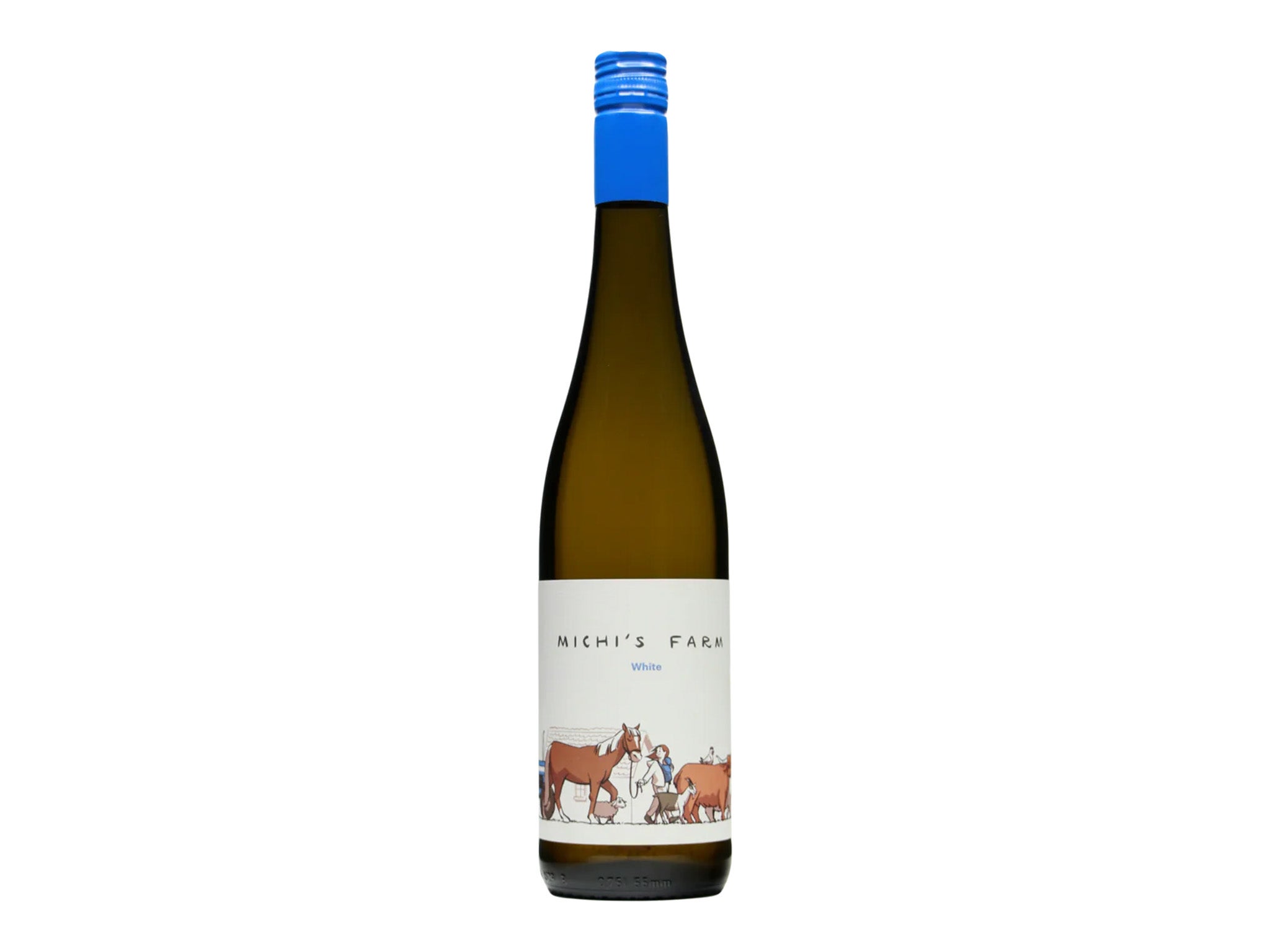
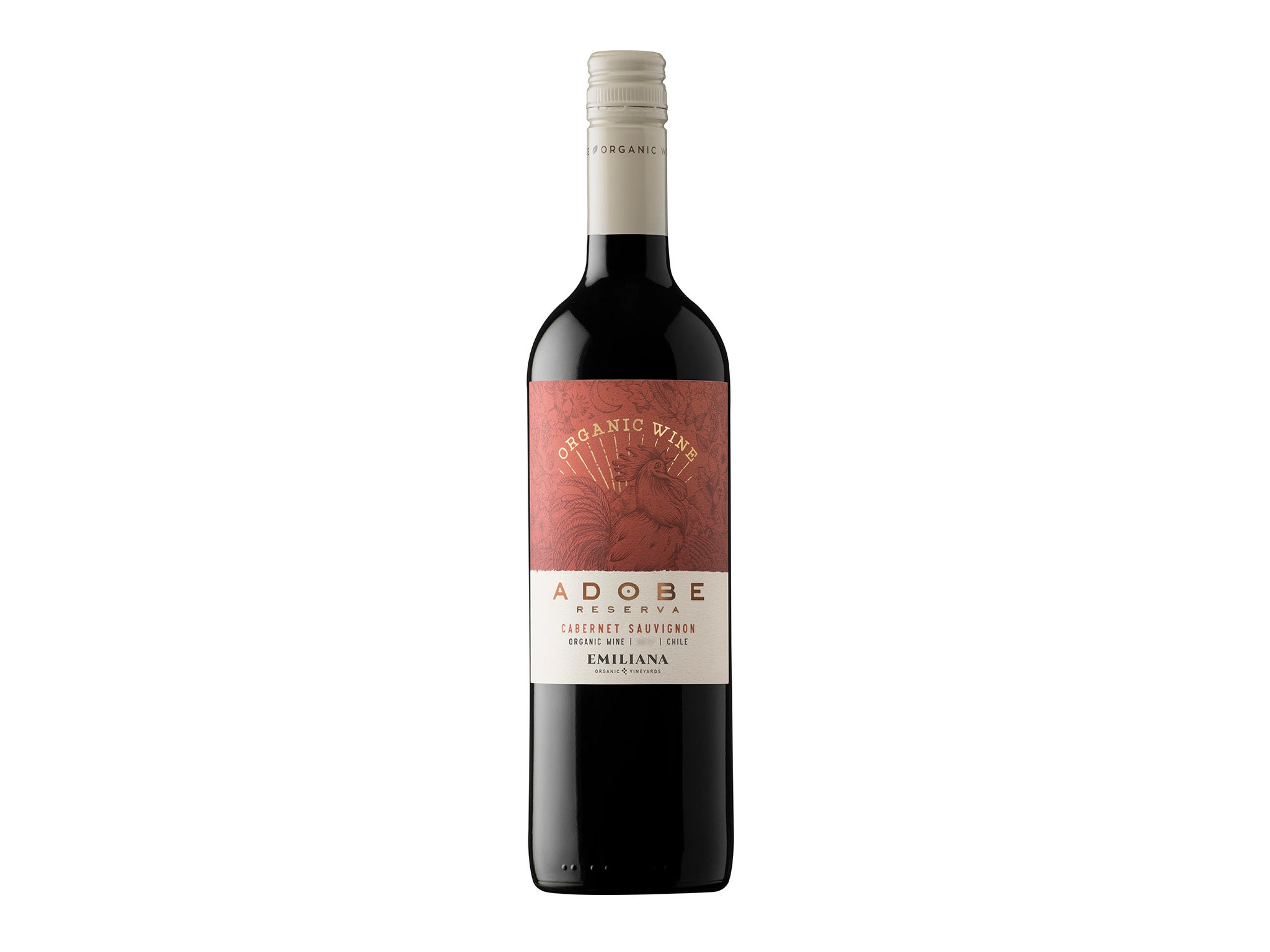
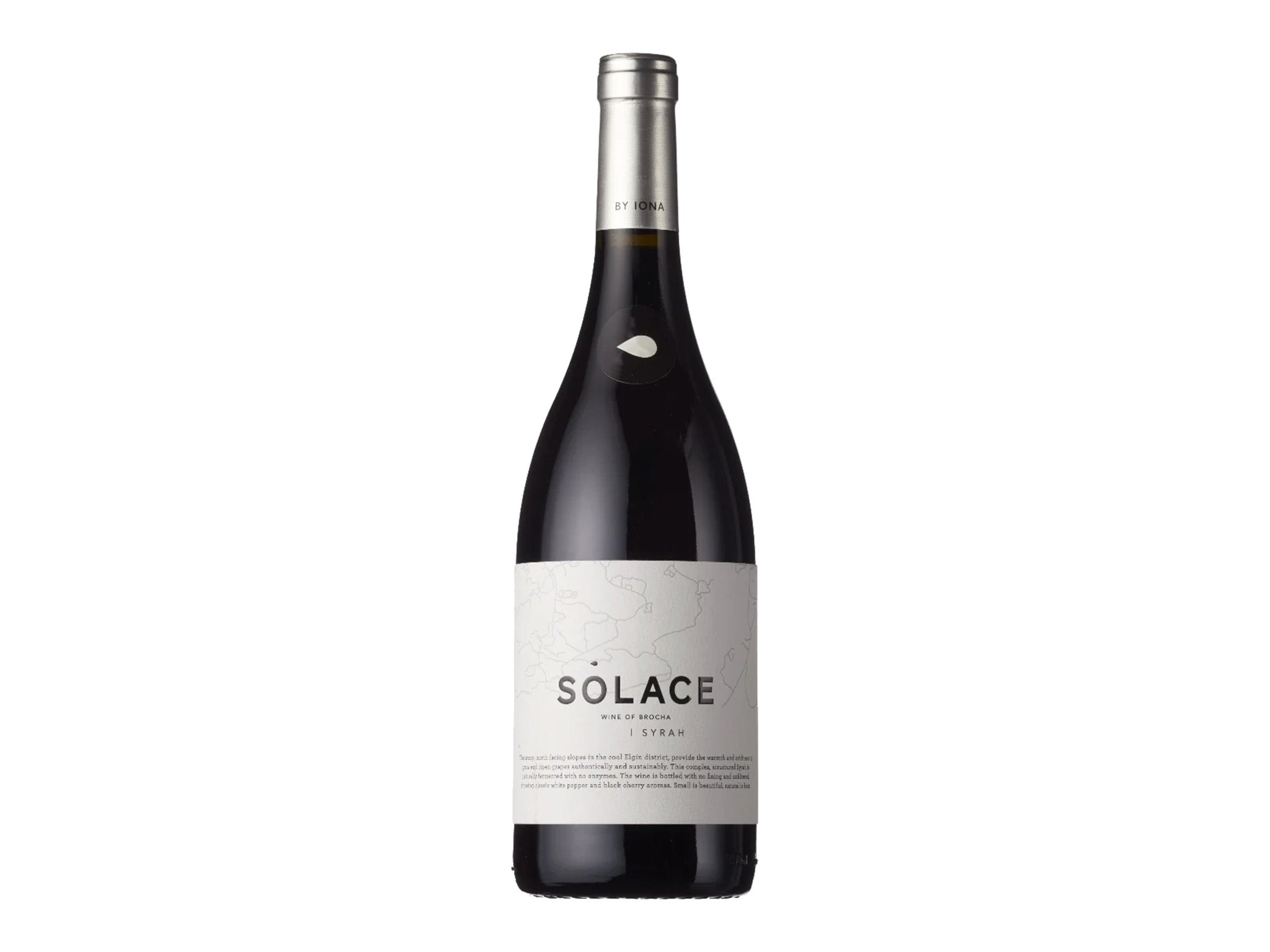
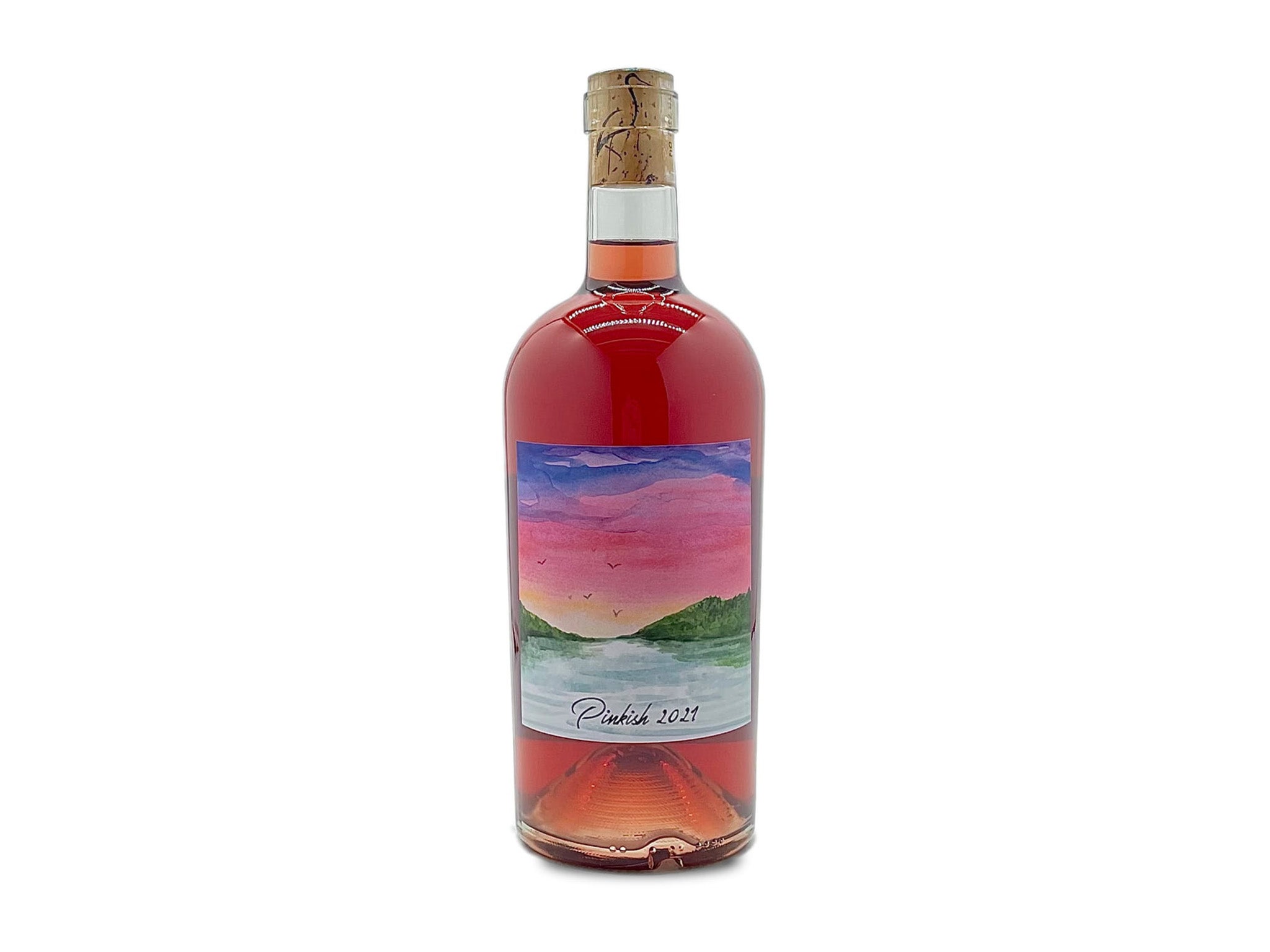
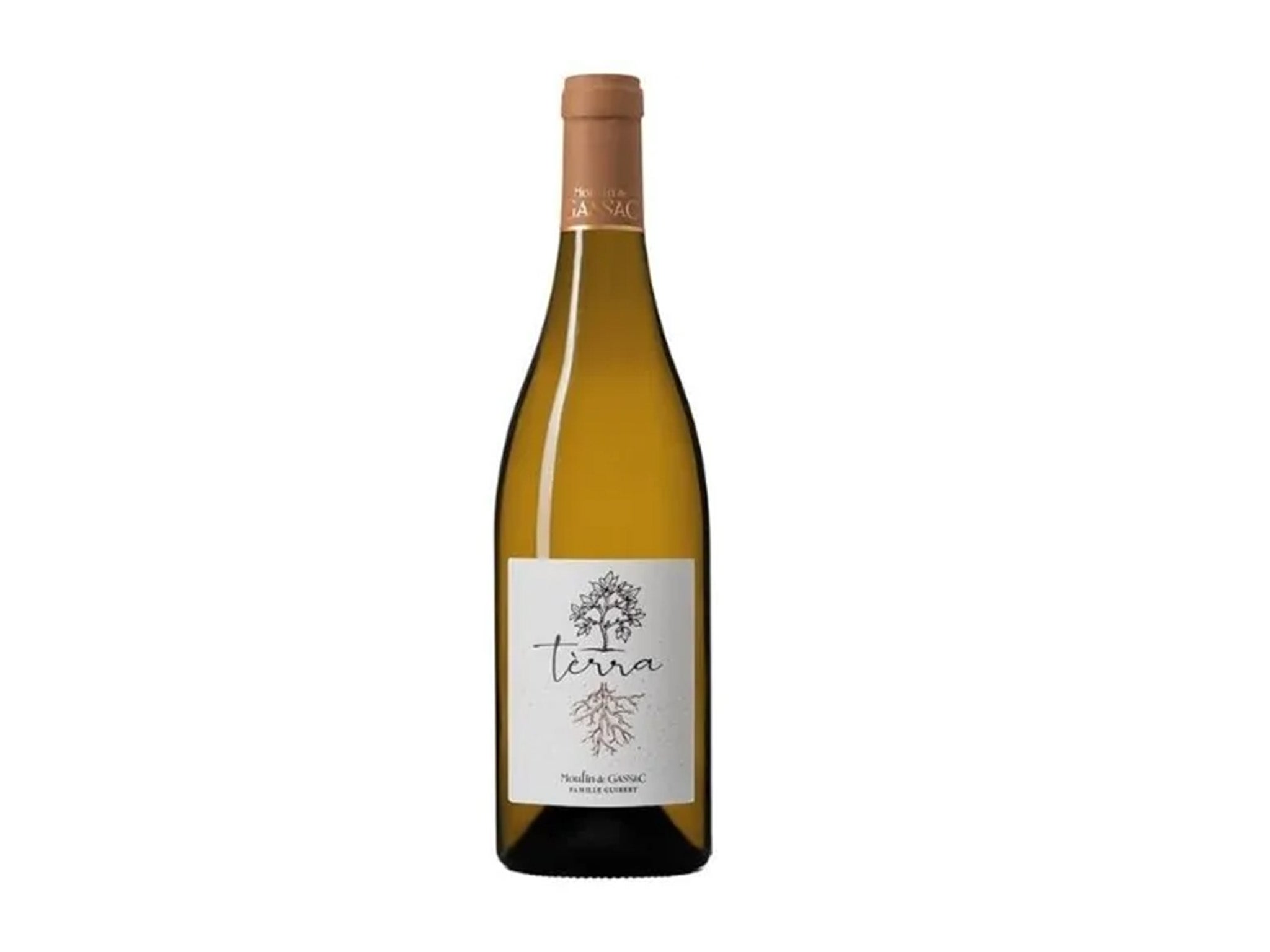
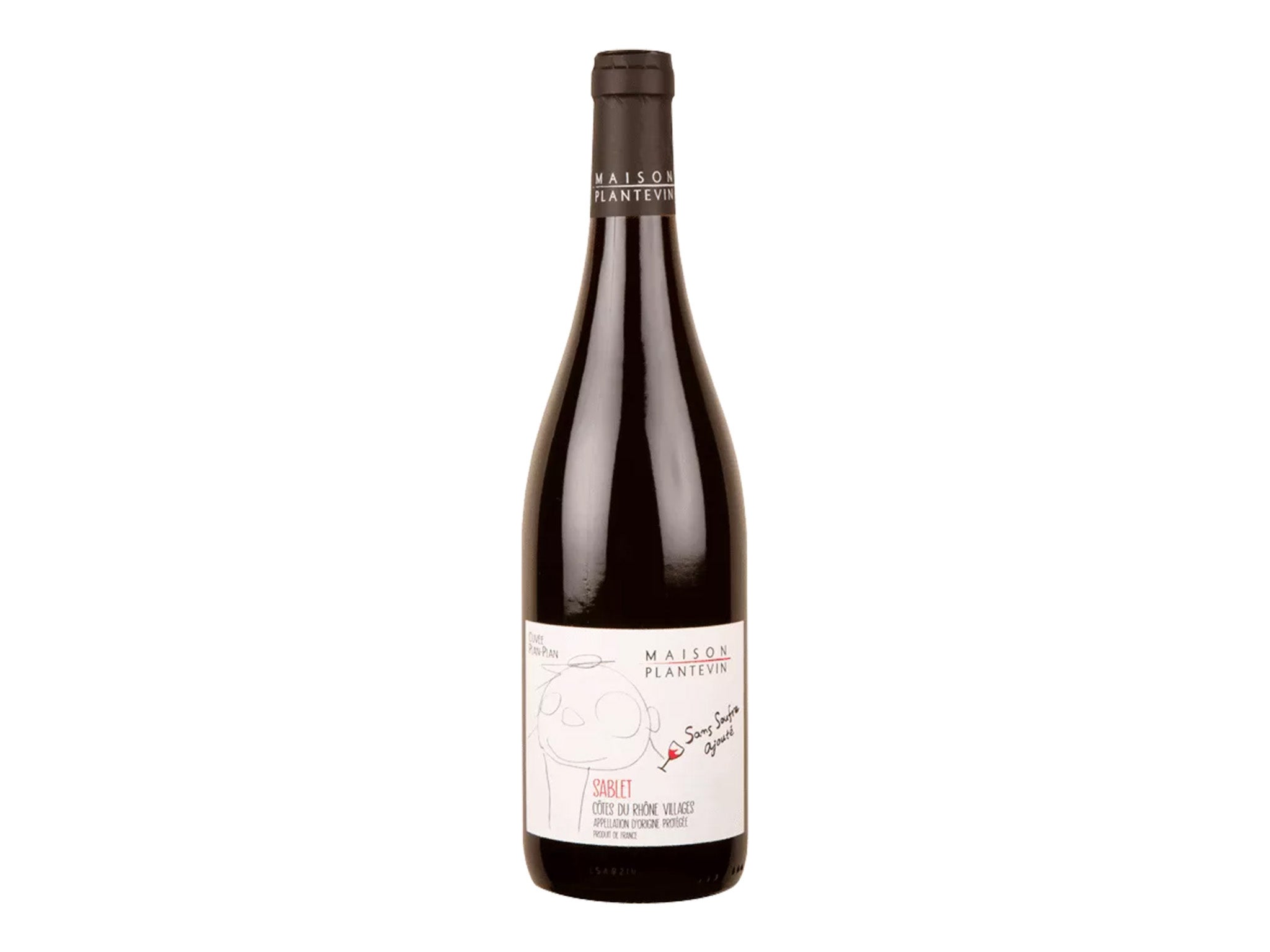 Best for easy drinkingMaison Plantevin Côtes Du Rhône Villages sablet cuvée plan-plan 2021Read review£15
Best for easy drinkingMaison Plantevin Côtes Du Rhône Villages sablet cuvée plan-plan 2021Read review£15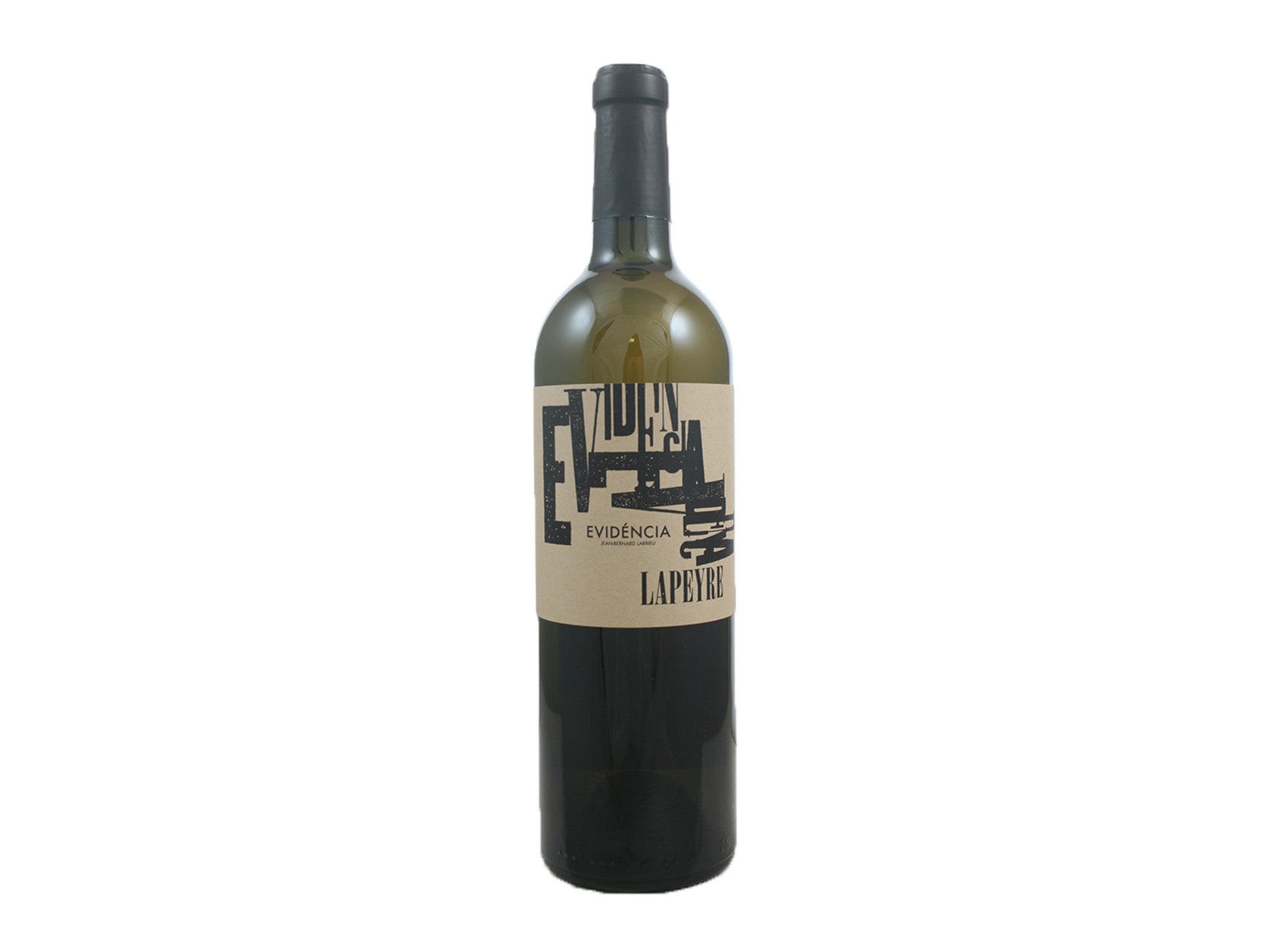
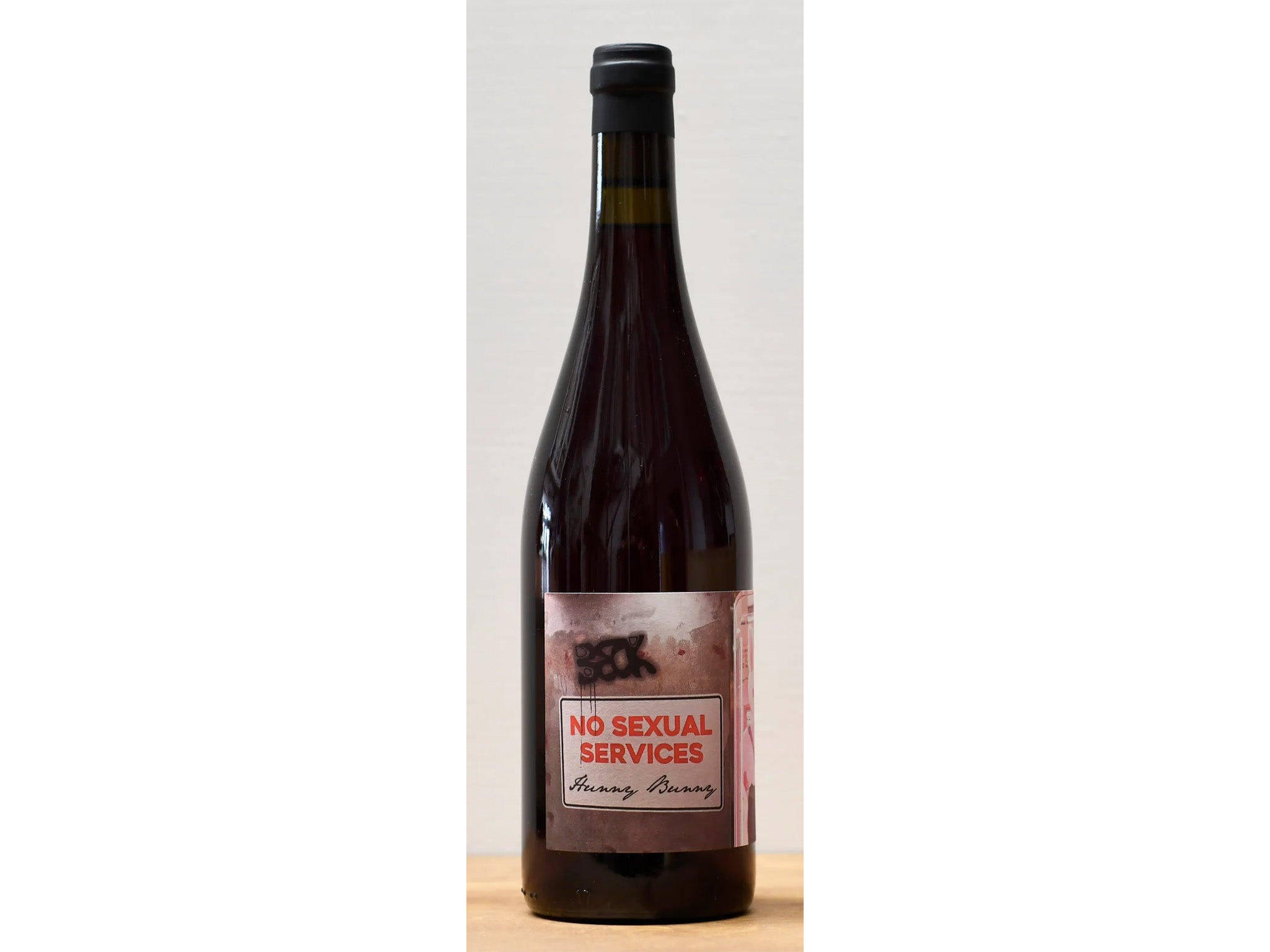
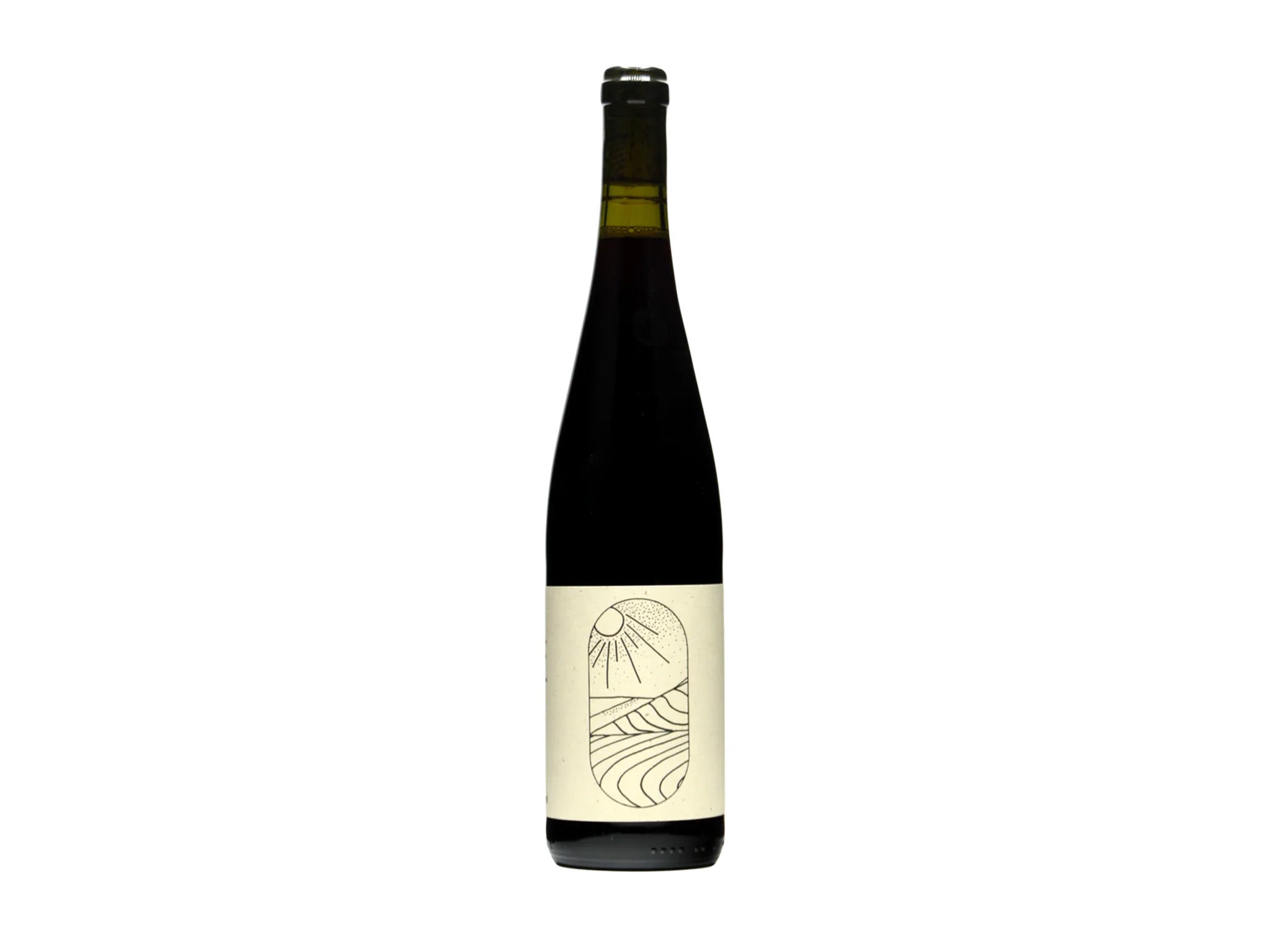
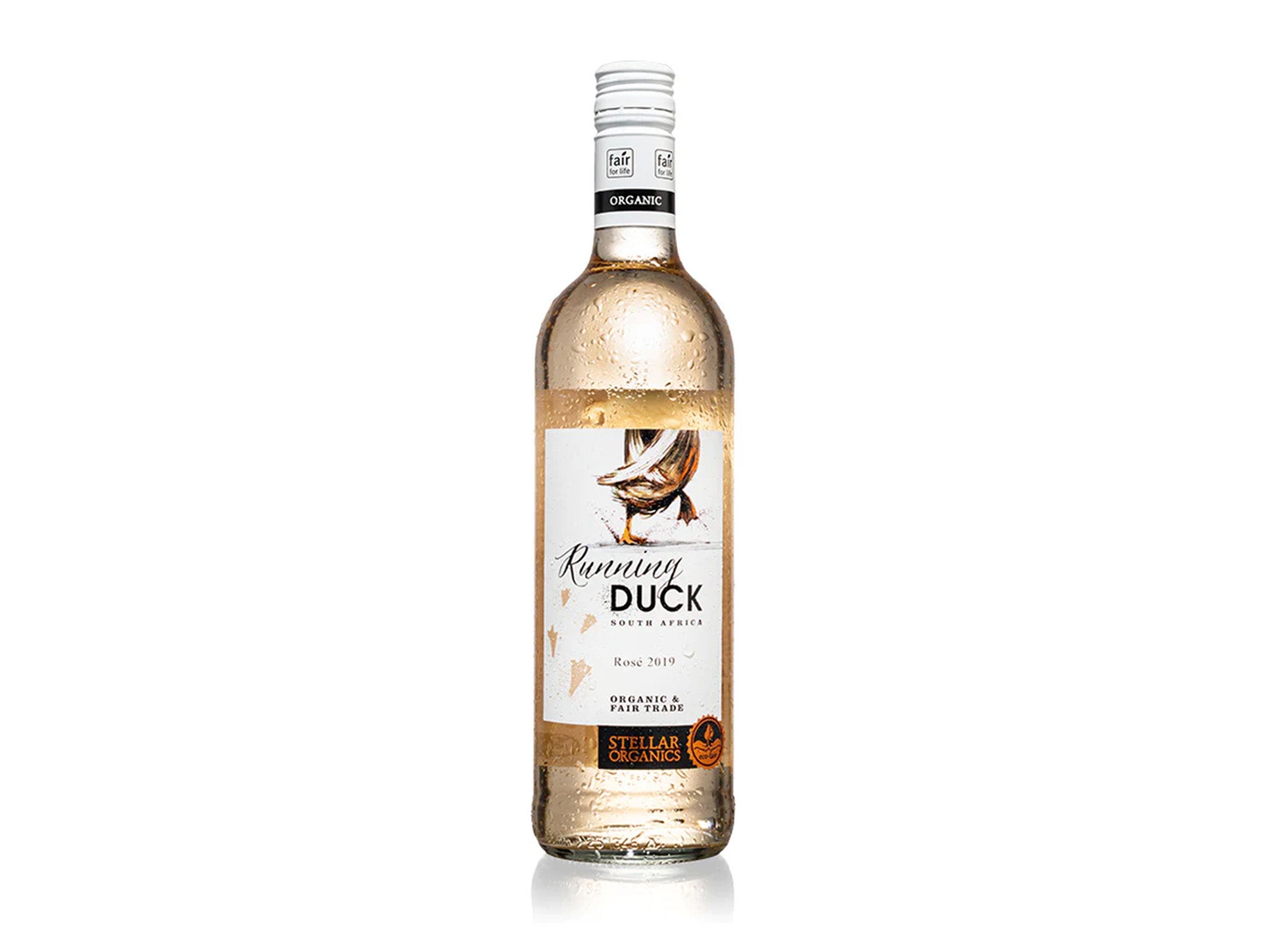
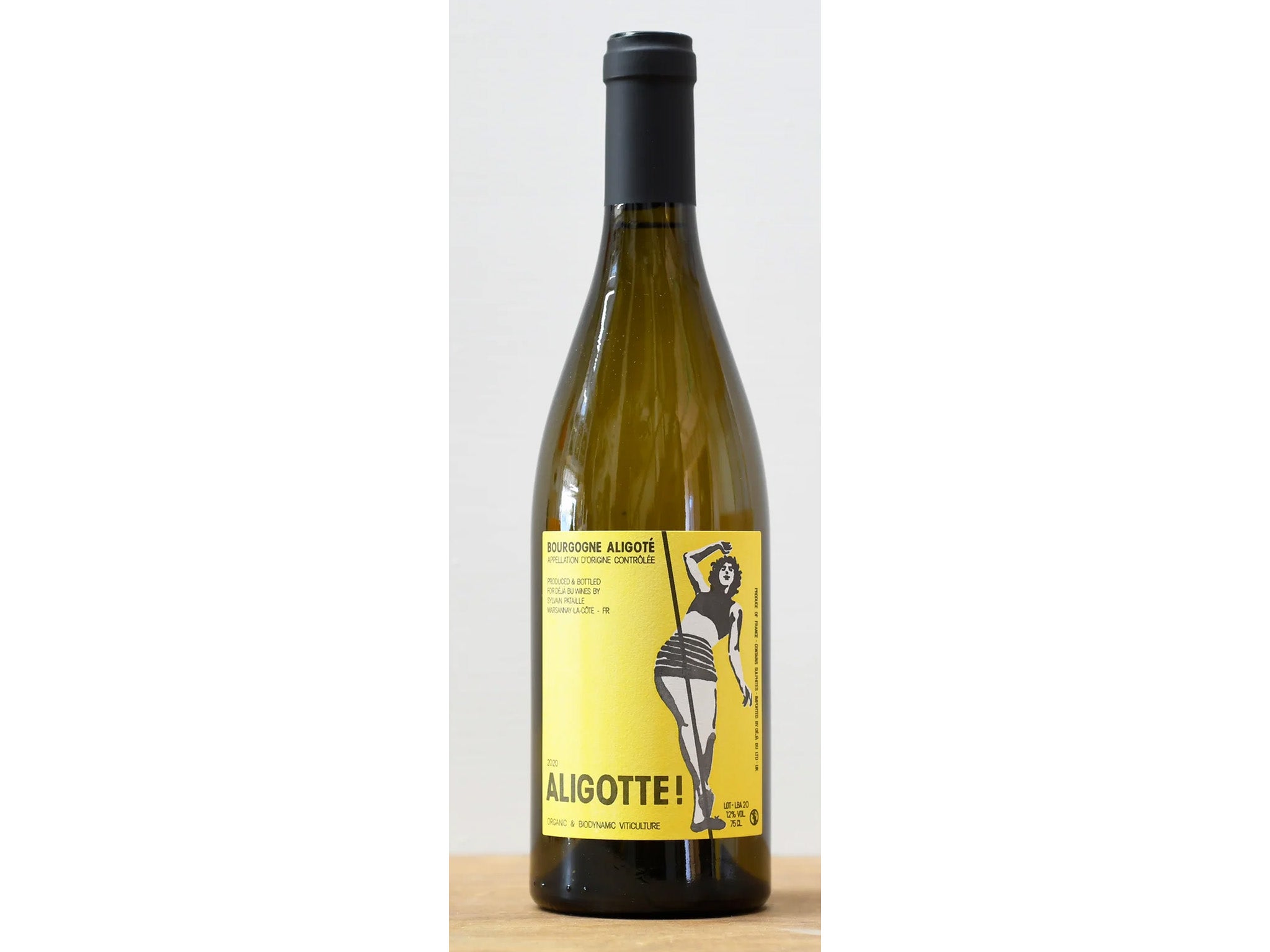
Natural wine is a phrase that’s bandied around a lot nowadays, so, before we get going, we need to define just what natural wine is. The truth is, there is no strict, hard and fast definition, so let’s try to work our way through it.
Let’s start in the vineyard. Wines labelled organic are made from grapes grown in accordance with principles of organic farming. So, that rules out artificial chemical fertilisers, pesticides, fungicides and herbicides. Then, to step up a level, there are biodynamic wines. This means the winemakers follow the precepts of Austrian philosopher Rudolph Steiner, which, again, involves the use of herbal, rather than chemical, sprays in the vineyard but also adds natural composting techniques and the ability to view the whole vineyard as a living ecosystem.
With me so far? So, natural wine covers a broad spectrum of winemaking, but all have the general intention of as little intervention as possible. This isn’t big business – it’s about as far from the multinational wine conglomerates as you can get. Most of the wine is made by small, artisanal winemakers who produce wines that reflect the growing conditions of that particular year.
The wines are also spontaneously or naturally fermented, so only the yeasts present on the grapes or in the vineyard are used. As a result, there are some drawbacks for the unwary. The wine is usually unfiltered, so you might get bits of skin and sediment floating around. And there may be no or little added sulphites – normally used to prevent oxidation and to stop bacteria forming. So, the taste may be, shall we say, a little fresher than you would normally expect.
The upside is you’re tasting wine in its completely natural state, with little standing between you and what you’d find in the barrel. For those willing to take the journey, it could be the start of a whole new adventure.
Here, we look at a range of natural wines. Some come from Austria, the home of biodynamic winemaking, several come from France where a new generation of vignerons are experimenting with organic techniques. Others come from South Africa and Chile. Many will have livestock which supply the manure needed for compost, while others will have goats or ducks eating the vine’s natural predators. All are as close to nature as you can possibly get.
How we tested
Many of the wines were tasted with food, ranging from light salads to spicy curries. Others were tasted singly, either slightly chilled for the white wines and rosés or at a little below room temperature for the reds.
The best natural wines for 2023 are:
- Best overall – St Nicolas de Bourgueil La Ferme des Fontaines cabernet franc 2019: £22, Vintageroots.co.uk
- Best for a refreshing aperitif – Michi’s Farm white 2021: £19, Newcomerwines.com
- Best for easy drinking – Maison Plantevin Côtes Du Rhône Villages sablet cuvée plan-plan 2021: £15.75, Vintageroots.co.uk
- Best with charcuterie – Running Duck organic rosé 2021: £11.49, Drinkwelluk.com
St Nicolas de Bourgueil La Ferme des Fontaines cabernet franc 2019

- Best: Overall
- Size: 75cl
- ABV: 12.5%
In 2020, France recognised natural wine by launching a formal charter under the name vin méthode nature. To be classed as such, the wine must come from grapes hand-picked from certified organic vines and produced using indigenous yeast. Winemaker and cabernet franc champion Xavier Amirault from the Loire Valley fulfils all those criteria with a beautifully smooth wine with ravishing plum and damson notes that linger on the palate along with hints of blossom and spice.
Bodega Recuro viñedos históricos sin-copa

- Best: For a light supper
- Size: 750ml
- ABV: 12.5 per cent
Winemaker Jesús Recuero uses tinta fina grapes – a variety better known elsewhere as tempranillo – and minimalist intervention to produce this deep-red ruby-coloured wine in vineyards above the plains of Castilla-La Mancha in central Spain. Organic and vegan, it also follows two of Recuero’s leading aims: authenticity and simplicity. Rich in red- and dark-fruit flavours, with savoury notes, it has pleasing tannins and a long finish. It’s recommended it be served at what some call cellar temperature – that is slightly chilled after six or seven minutes in the fridge. We love the sin-copa (“syncopation”) name too, and the stick-man label.
Michi’s Farm white 2021

- Best: For a refreshing aperitif
- Size: 750ml
- ABV: 12 per cent
Austria seems to be at the forefront of the natural wine revolution, with winemakers such as Michael Gindl leading the charge. Born in 1983, he took over the family’s farm and vineyards in the Weinviertel region after leaving agricultural college, and began practising biodynamic farming. Intervention is limited, with the grapes being gently pressed, rarely racked, and fermented spontaneously without the use of a selected yeast. As Gindl says: “I really try to do as little as possible – in fact, nothing.” As a result, expect a little cloudiness and some tartaric acid crystals in this blend of grüner veltliner, gelber muskateller and riesling but also some astonishingly bright fruit flavours and a natural zestiness.
Emiliana adobe reserva cabernet sauvignon 2021

- Best: For a pasta dish
- Size: 750ml
- ABV: 13.5 per cent
Here, we have a cabernet sauvignon from Emiliana, Chile’s leading producer of biodynamic and organic wines. Its aim is to “reconnect people with nature” by eschewing chemical fertilisers and employing methods such as using pruning waste to regenerate the soil. This cabernet, part of its adobe reserva range, comes from grapes picked in the Colchagua Valley. Blackberry and black cherry flavours are to the fore, with smoky savoury notes and a hint of spice. Suitable for vegetarians and vegans, it’s also 100 per cent gluten free and has no added sulphites.
Solace syrah 2020

- Best: For hearty casserole
- Size: 750ml
- ABV: 13.5 per cent
A cool-climate syrah from winemaker Rozy Gunn, whose husband Andrew produces acclaimed wines at their Iona winery in Elgin, South Africa. There is minimal intervention in the winemaking, with biodynamic and organic rules being followed. So, this layered and complex wine with its red fruit and red berry notes is naturally fermented and bottled unfiltered, with no fining. What that results in is a hugely impressive red wine that would perfectly partner a red meat dish or a cheese platter.
BioDyn Weinhof Haider pinkish rosé 2021

- Best: For a simple lunch
- Size: 750ml
- ABV: 13.5 per cent
From the shores of Lake Neusiedl, which straddles the Austrian-Hungarian border, comes an attractive rosé from Weinhof Haider. It’s a wine estate committed to biodiversity (hence the snappy BioDyn prefix), so, should you visit, you’ll find flowers growing among the vines and the odd goat or two nibbling away – hopefully at the grass, rather than the grapes. The Austrian winemakers have made this rosé exclusively for the UK market and, rather than strawberry notes you get from most rosés, this is definitely cherry. So much so, you can almost smell the blossom. When summer finally gets here, this should be a real winner.
Moulin de Gassac tèrra blanc 2020

- Best: With grilled fish
- Size: 750ml
- ABV: 13.5 per cent
A wine from the upper Gassac Valley in Languedoc, where small areas of vines are carved out from the forested scrubland (or garrigue) that carpets the sun-drenched landscape. Bay, thyme, rosemary, lavender and other herbs and shrubs grow nearby, and no manufactured fertilisers are used. There’s a hint of that herby terroir in this organic tèrra blanc, made from 50 per cent vermentino, 40 per cent grenache blanc and 10 per cent roussanne grapes. There’s also a big hit of lemon zest, along with more-refined floral notes and a slightly nutty and pleasing finish. One to enjoy with grilled fish or any white meat.
Maison Plantevin Côtes Du Rhône Villages sablet cuvée plan-plan 2021

- Best: For easy drinking
- Size: 750ml
- ABV: 14 per cent
For “plan-plan”, read easy going or, in this case, easy drinking, since this French Côtes Du Rhône Villages slips down with little trouble, bringing with it impressive bramble and black-cherry flavours, along with a touch of jammy damson. Hand-picked from vineyards near the village of Séguret in the southern Rhône, it’s 75 per cent syrah and 25 per cent what winemaker Laurent Plantevin simply calls “les autres”. It’s also the end result of a journey for Plantevin – one that started in a corner of his father’s shed in 2007 and now encompasses a range of award-winning wines. Unoaked, the wine is fermented in stainless steel with natural yeasts and no added sulphites. A mention, too, for his five-year-old son, who supplied the delightful portrait of his father on the label.
Evidéncia de Lapeyre Jurançon 2021

- Best: For a back-to-nature experience
- Size: 75cl
- ABV: 13.5 per cent
Jean-Bernard Larrieu, the vigneron of the Clos Lapeyre winery in Jurançon sees this Vin des Pyrénées natural wine as a reflection of the work he has been doing in organic farming over the past 20 years. A blend of gros manseng and petit manseng picked from old vines, along with a little courbu, it is unfiltered and bottled early after its second fermentation and only a very small amount of sulphites is added. The result is what he terms a “liberated” wine with no additives. There’s an orchard-like flavour to this, with strong apple and citrus notes and hints of spice and white pepper.
Judith Beck hunny bunny 2021

- Best: Biodynamic choice
- Size: 750ml
- ABV: 12 per cent
The first thing you may notice is the label. Eye-catching isn’t the word. But the second, and even more interesting feature, is the wine. Another Austrian offering, it’s the work of winemaker Judith Beck, whose winery in the Wagram wine region is run on holistic and biodynamic lines, with natural fertilisation and grass in between the individual vines. Aged in oak vats, using natural yeasts, this pinkish rosé is made from the traditional blaufränkisch grape with oodles of red-cherry flavour and a slightly pétillante texture. Serve chilled, and hope our weather improves to welcome it.
Kamptal Kollektiv red

- Best: Red to enjoy lightly chilled
- Size: 750ml
- ABV: 12.5 per cent
It’s not often you’re told who the grape pickers are, but this Austrian red gives them a starring role on the label: “Hand-picked by Elisabeth and Manfred, Thomas, Michael, Mathias, Hans and their friends,” we’re told, which, thankfully, saves us from having to trot out the old “look, no Hans” joke. A blend of zweigelt and Saint Laurent grapes, it’s a cherry and red-fruit focused red from a collective that’s been organised to support family-run local vineyards in the Kamptal wine area, and help them produce organic and biodynamic wines. It’s also one of those reds that you can serve lightly chilled, to enjoy the fresh and fruity aromas.
Running Duck organic rosé 2021

- Best: With charcuterie
- Size: 750ml
- ABV: 13 per cent
A South African rosé from one of the world’s top producers of wines with no added sulphur, this vino gets its name from the Indian runner ducks that patrol the Western Cape vineyards and get rid of all unwanted pests, in the most natural way possible. Apart from its organic credentials, the wine is also Fair for Life Fair Trade certified, which guarantees that human rights for all the workers and staff are assured at all stages of production. Dry and fruity, and awash with strawberry and red fruit flavours, it’s a wine to enjoy with a charcuterie board or a tasty bruschetta.
Aligotte! Bourgogne Aligoté 2020

- Best: With something spicy
- Size: 750ml
- ABV: 12 per cent
Aligoté, a white wine grape that’s almost exclusively planted in the Burgundy region of France, tends to live in the shadow of its more famous neighbour, chardonnay. It can be overtly acidic but, in good wines such as this one, it brings a wealth of floral and orchard notes to the table along with a slight nuttiness. Winemaker Sylvain Pataille has become a pioneer of new-wave and biodynamic Bourgogne aligoté, with the grapes being pressed on the same morning they are handpicked, before fermentation and ageing in old oak vats. Enjoy it with something a little salty or perhaps a little spicy.
The verdict: Natural wines
Natural wines cover a wide spectrum of tastes and flavours. Our best buy is the simple but outstanding vin méthode nature St Nicolas de Bourgueil La Ferme des fontaines cabernet franc from the Loire Valley. Packed full of ravishing fruit flavours, it’s a red wine to savour.
Those accustomed to established and premium brands from the high street or supermarket may find wines such as easy-drinking Maison Plantevin Côtes Du Rhône Villages sablet cuvée plan-plan, the smooth Bodega Recuro viñedos históricos sin-copa or the balanced Solace syrah equally pleasing. But wines such as the overtly fresh hunny bunny and the pugnacious Kamptal Kollektiv red offer the opportunity to sample the authentic, back-to-nature taste of non-intervention wines.
Looking for vino without the hangover? Read our round-up of the best low-alcohol wines
